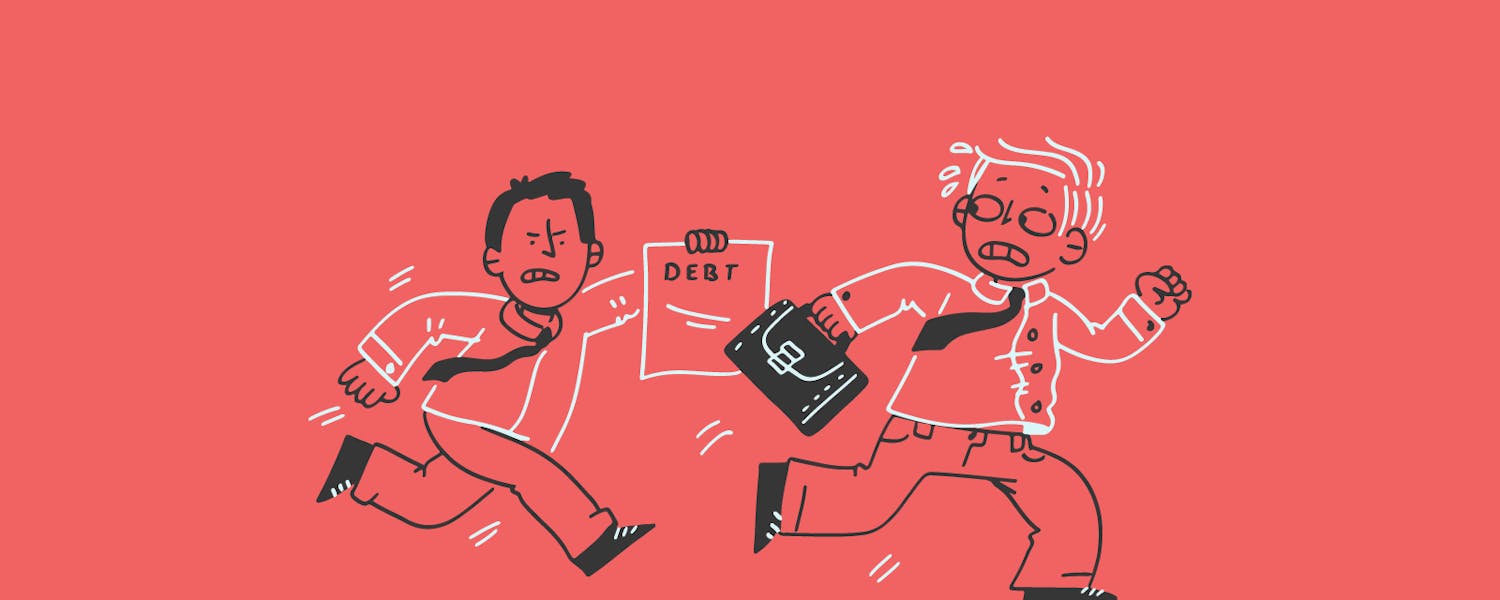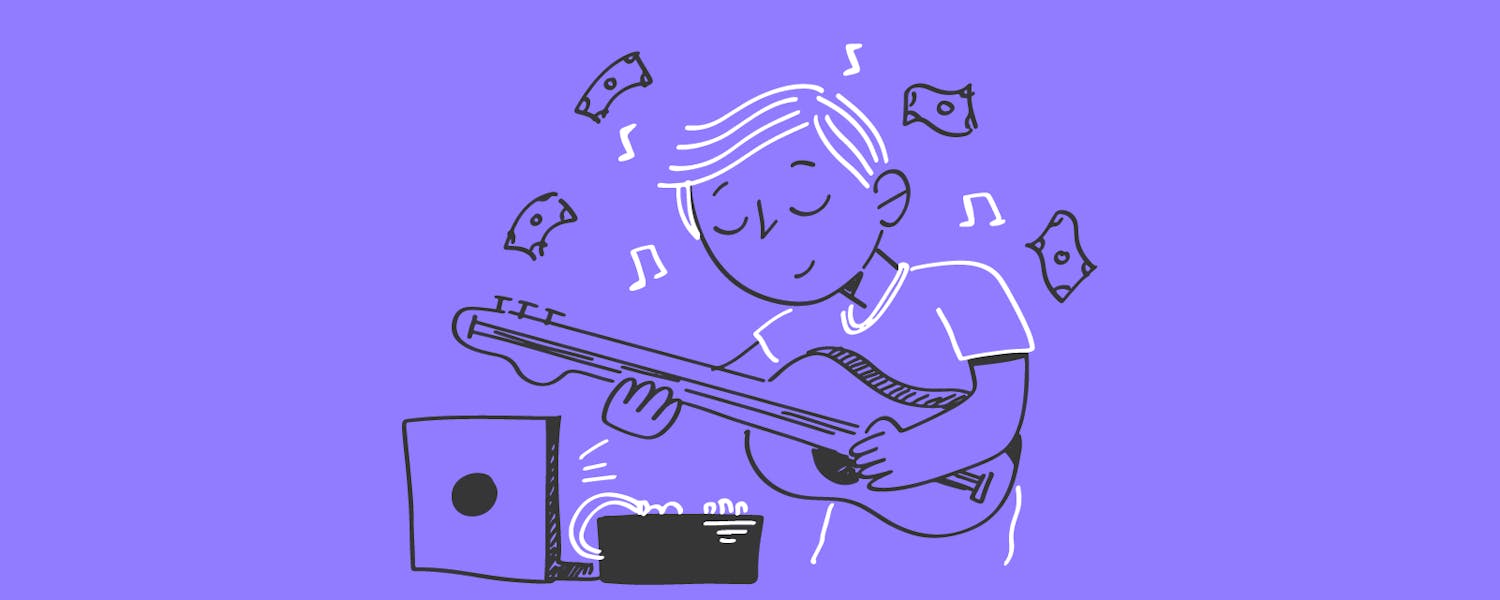Spending tips & paying off debt strategies you should know
Knowing what to do with your income is the key to financial security.
No one likes living paycheck to paycheck, but it's easy to get in over your head without a proper budget, spending strategies, and debt payoff methods. Here's what you must know.
What is a Budget, and Why is it Important?
Creating and using a budget is the only way to reach your financial goals.
Tracking your income, expenses, and spending will help you understand your financial situation and what decisions you must make.
It also helps you realize any financial mistakes you make.
The key is to avoid debt as much as possible, making the most of your money and ensuring every dollar goes where it should.
Ideally, your debts shouldn’t take up more than 30% of your income, or it becomes difficult to reach your financial goals.
Envato/MariaSiurt
When you make a budget, you can determine how much you can afford to spend.
But, if you spend more than you have and must use credit cards to make ends meet, it's time to cut back. That's why creating and using a monthly budget is imperative.
Beyond using a budget, though, there are other ways to avoid debt.
How to Avoid Debt
Debt may feel like a part of life, and often it is, but it should remain limited. For example, buying a house or a car results in debt, but it's often good debt.
Other debts aren't as good. Consider these tips to ensure you don't get in over your head in debt.
-
Increase your income
Envato/torianime
Increasing your income makes it easier to make ends meet. It also decreases your debt-to-income ratio. If you’re already in over your head in debt, with a debt-to-income ratio (DTI) much higher than 30%, starting a side hustle or part-time job can help increase your income and decrease your DTI.
-
Be prepared for emergencies
Emergencies will happen; it’s a fact of life. Having an account with enough funds to cover expenses for a few months can offset the risk emergencies can cause and eliminate the need for credit card debt. Make funding an emergency fund a priority.
How to Payoff Your Debt
If you've gotten into debt, it's important to have a debt payoff strategy to get out of it. These tips will help you pay your debt off fast.
Revisit your Budget
Envato/hallaarabi
Consider revisiting your budget and cutting back on unnecessary expenses. For example, cut out unnecessary shopping, dining out, or memberships you don’t need. Then reallocate those funds toward your debt payoff efforts.
Consider Debt Consolidation
There are many ways to consolidate debt. For example, you may qualify for a 0% balance transfer APR (Annual Percentage Rate) if you have great credit.
This allows you to pay your debt off faster without interest charges.
Even if you can't get a 0% APR, you may get a card with a lower interest rate. This may save you money on interest and allow you to pay the debt off in less time because it frees up more money.
Consolidating debt also makes the payments more manageable since you only have one payment versus multiple payments.
Try These Debt Payoff Methods
There are two debt payoff methods to consider —debt snowball and debt avalanche.
The Snowball Method
The debt snowball method is for people who need 'quick wins' to stay motivated:
The Avalanche Method
The debt avalanche method is for people who need to focus on the debts with high-interest rates first because paying interest makes them lose sleep at night.
Here’s how they differ:
- Debt snowball – You order your debts by balance, from smallest to largest. You make the minimum debt payment for each card, and any extra money you have, you put toward the debt with the smallest balance. After paying that debt off (quick win), you add the extra money to the next debt in line.
- Debt avalanche – This method focuses on the APRs. You order them from highest to lowest interest rate. Then, instead of focusing on the lowest debt, you pay the debts with the highest interest rate first because they cost you the most money. This method may take longer to see 'wins,' but you'll free up more money by first paying off the highest-costing debt.
- Mix and match – You are also free to mix up the strategies to make the most of your debt payoff strategy. For example, you might choose to order your debts from largest to smallest balance or focus on debt within the middle of your credit card balances but with the highest interest rate.
Explore Debt Relief Options
Envato/RawPixel
If you’ve exhausted all debt consolidation options, increased your income, cut back on expenses, and still have debts exceeding 50% of your income, you may consider debt relief.
Debt relief services can help you negotiate lower payments, make the terms more attractive, or claim bankruptcy.
- Debt management – A credit counseling agency can help you negotiate your rates or fees to help you get out of debt faster.
- Debt settlement – You or a credit counseling agency can negotiate your total debt with creditors, reducing the balance or changing the terms to make settling the debt easier.
- Bankruptcy – A bankruptcy attorney can help you file Chapter 7 bankruptcy. This is a liquidation of your assets and wipes out your debt, or a Chapter 13 bankruptcy which restructures your debt, making your payments more affordable without wiping it out.
Final Thoughts
Envato/mstandret
Using your money wisely is the key to getting ahead financially.
If you've gotten yourself into debt, there are many ways out.
The key is to be intentional with your money, spending only what's necessary and focusing your other funds on your debt payoff strategies.
These methods will help you get ahead and reach your long-term goals.





